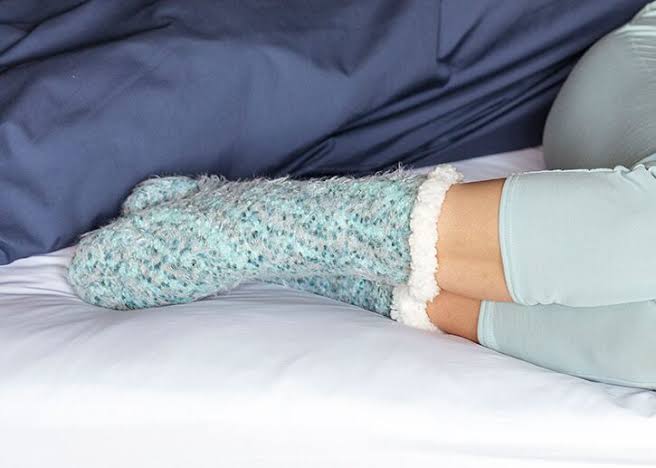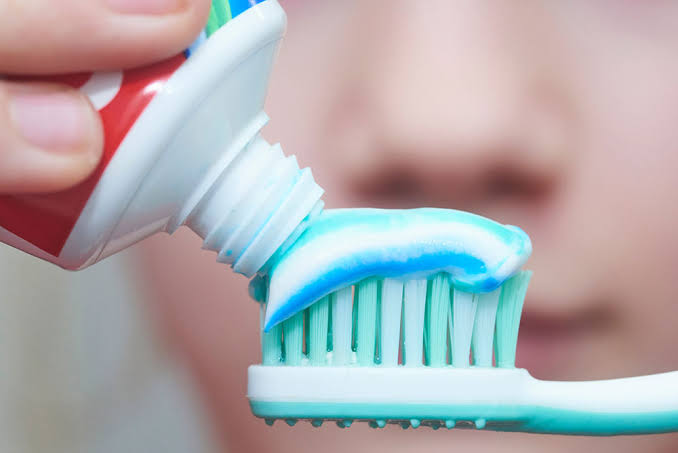The idea of wearing socks to bed sparks mixed reactions. For some, it’s the ultimate comfort that helps them drift off to sleep, while others find it constricting or unnecessary. But beyond personal preference, there’s science to consider. Wearing socks to bed can have tangible effects on your sleep quality, circulation, and even skin health. Whether you’re a sock-sleeper or someone considering trying it out, here’s what you need to know about the potential benefits and drawbacks of this bedtime habit.
Benefits of Wearing Socks to Bed
1. Temperature Regulation
Cold feet can make falling asleep a challenge. Wearing socks to bed helps warm your feet, which dilates blood vessels in a process called vasodilation. This sends a signal to your brain that it’s time to relax and prepare for sleep. Studies have shown that warm feet can help you fall asleep faster and sleep more soundly, making socks especially beneficial during colder months.
2. Improved Circulation
For individuals with poor circulation or conditions like Raynaud’s disease, wearing socks can help promote blood flow to extremities. This is particularly useful in cold weather, when blood vessels tend to constrict, leading to discomfort. Warm socks can alleviate this issue by improving blood flow, reducing symptoms, and keeping feet cozy.
3. Skin Hydration
If you have dry or cracked heels, wearing socks after applying lotion can lock in moisture overnight. This creates a barrier that helps the skin heal and retain hydration. Over time, this habit can lead to smoother, healthier feet without requiring extensive treatments.
4. Enhanced Sleep Quality
Warming your feet doesn’t just help you fall asleep faster—it may also lead to better overall sleep. Research suggests that wearing socks can improve sleep efficiency, meaning you spend more time in restful stages of sleep. This makes it an easy, natural way to boost your sleep hygiene.
Drawbacks of Wearing Socks to Bed...Read Full Article [Click Here>]
1. Discomfort
Not everyone enjoys the sensation of sleeping in socks. Some find them too tight, constrictive, or overly warm, which can interfere with comfort and disrupt sleep. Choosing breathable socks made from materials like cotton or wool can mitigate this issue. Lightweight, non-restrictive socks are ideal for comfort and airflow.
2. Hygiene Concerns
Wearing the same socks you’ve used all day can lead to hygiene problems. Damp or dirty socks create an environment for bacteria and fungi to thrive, increasing the risk of infections or odors. To prevent this, always wear clean, dry socks to bed and wash them regularly.
3. Personal Preference
Ultimately, whether you wear socks to bed depends on your comfort level and habits. While some people find socks indispensable for a good night’s sleep, others prefer the freedom of bare feet. Experimenting with both options can help you determine what works best for your sleep routine.
Conclusion
Wearing socks to bed offers several benefits, from improved circulation and temperature regulation to enhanced skin hydration and better sleep quality. However, it’s not for everyone, and comfort should always take priority. If you decide to try it, opt for clean, breathable socks to avoid discomfort or hygiene issues. Whether you’re a sock convert or prefer going barefoot, the ultimate goal is a restful and rejuvenating night’s sleep.





